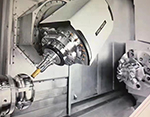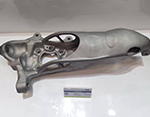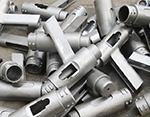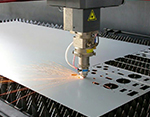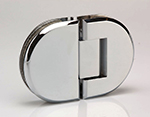-
Service
+
- CNC Precision Machining Service +
- Multi-Axis Simultaneous Machining Service +
- CNC Turning Service +
- Metal 3D Printing Service +
- Rapid Prototyping Service +
- Die Casting Service +
- Sheet Metal Fabrication Service +
-
Finish Serivces
+
- Polishing
- Grinding
- Brushed Finish
- Sand blasting
- Painting
- Powder Painting
- Anodizing
- Hard anodizing Service
- Passivation
- Zinc Plating
- Nickel Plating
- Chrome Plating
- Blackening
- Black Zinc Plating
- Teflon Coating
- Titanium Coating
- DLC Coating
- Laser Marking
- Silk Screen Printing
- Transfer Printing
- Micro Arc Oxidation
- Industries +
- About Us +
- Resource +
- Contact Us
- Quote

-
Service
-
>
-
>
-
>
-
>
-
>
-
>
-
>
-
>
-
- Industries
- About Us
- Resource
- Contact Us
CNC metals can be used for a range of parts from prototypes to engineering models to production components. Some of the following materials are extremely durable and can withstand extremely harsh environments with temperatures up to 1668 °C, like titanium. Other metals are general-use materials that are highly machinable and therefore suitable for testing designs at a low cost, like aluminum.
What is CNC milling?
CNC milling is a manufacturing process that uses a cutting tool mounted on a rotating spindle to selectively remove material from a block of raw substrate. The workpiece is rigidly mounted to a table, and this table moves or rotates on different planes so the tool can work at many angles. Sophisticated CNC milling machines can have 5 or more axes of independent motion to make more complex shapes or to avoid having to move the workpiece to a separate machine.
Metal Alloys Offered
Aluminum for CNC Milling
Aluminum is a lightweight metal with an excellent strength-to-weight ratio, making it ideal for applications in which metallic-level strength is required, but mass is still a concern. There are various alloys for aluminum, each denoted by the first number in their classification. The number indicates the main alloying element(s).
Aluminum is one of the most common materials used in the aerospace, medical, and automotive industries. This is due to its excellent strength-to-weight ratio, formability, and general versatility.
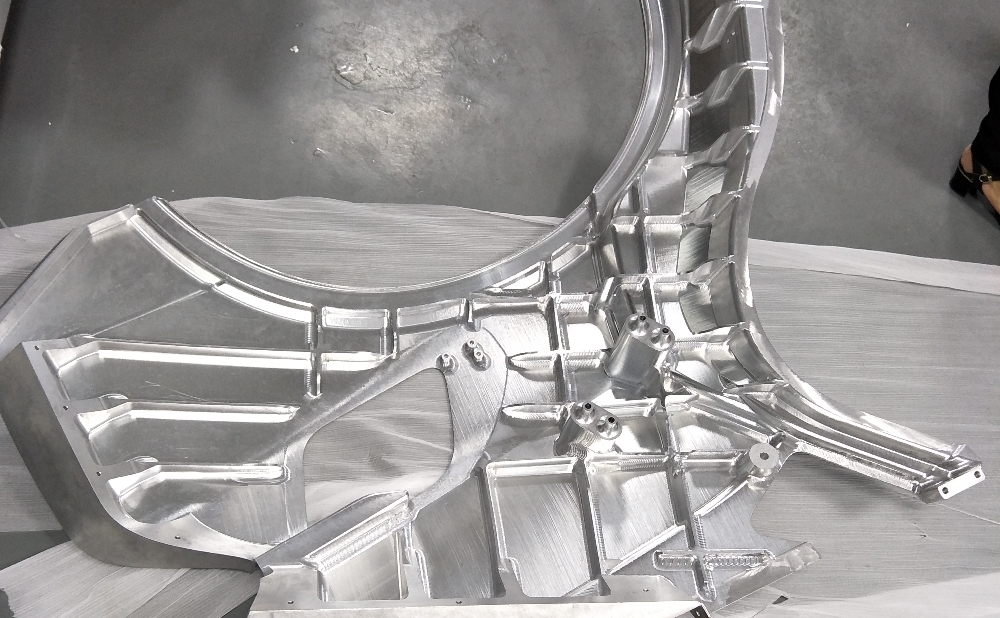
Copper for CNC Milling
Copper is listed as Cu (atomic number 29) on the periodic table and is an excellent conductor of electricity and heat, second only to silver. Commercially available copper is typically more than 99% pure. The remaining 1% is usually impurities such as oxygen, lead, or silver.
Copper is well known for its electrical and thermal conductivity. It is very resistant to corrosion and is also inherently antimicrobial. The power, automotive, medical, and aerospace industries make use of copper specifically for these properties.
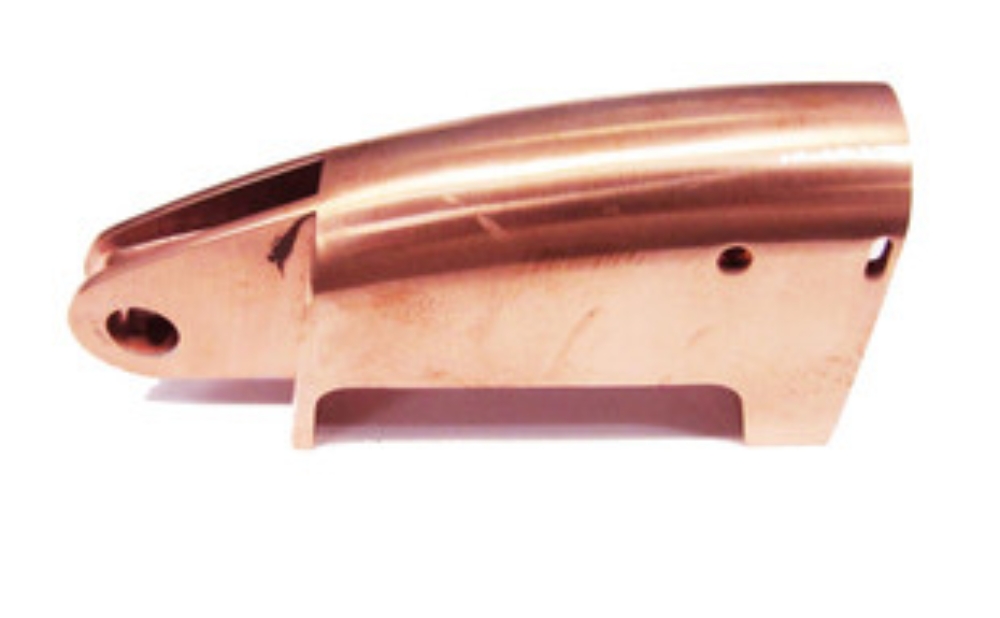
Bronze for CNC Milling
Bronze is made by mixing copper with up to approximately 35% tin and up to 8% lead. The inclusion of lead alloy, which is a soft metal, is what makes it so machinable. Bronze is great for applications such as bearings as well as marine applications on pumps and fittings where corrosion resistance against seawater is required. This material’s mechanical properties don’t quite measure up to many other machinable metals, so it is best used on low-stress components made with CNC machining.
Bronze, brass, and other copper alloys have a range of important electrical, mechanical, and corrosion-resistant properties. Specifically, bronze has excellent machinability, with an index of 100%. It also has low friction properties that make it ideal for parts that undergo continuous frictional contact.
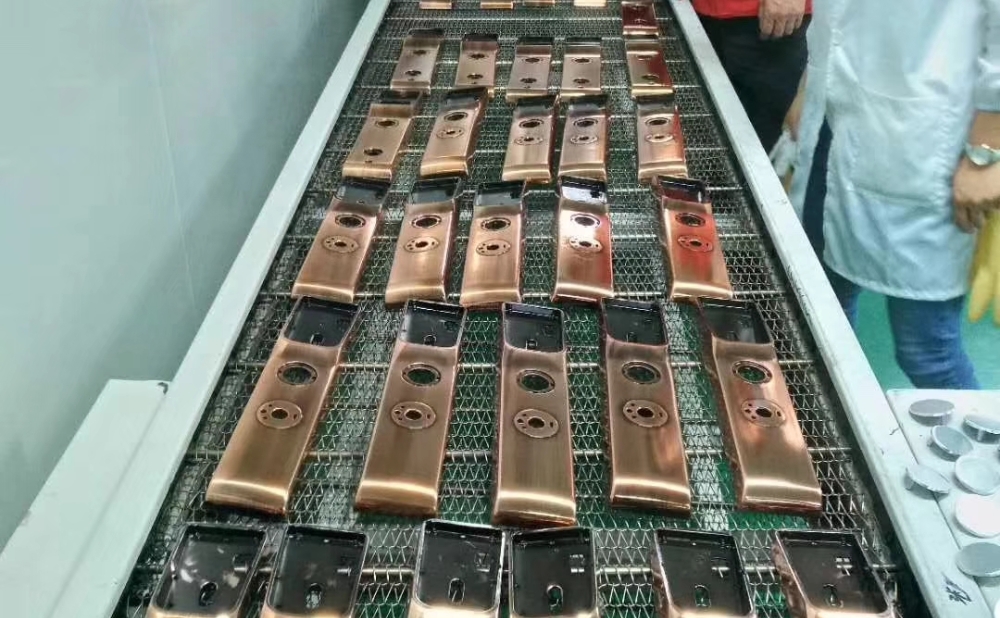
Brass for CNC Milling
Brass is the name used for a wide range of copper-zinc alloys. These alloys vary by the amount of zinc as well as the inclusion of other alloying elements such as lead, aluminum, and iron. Brass is thermally and electrically conductive thanks to its copper content. It also has good wear resistance. The inclusion of lead improves machinability, making brass the most machinable of all the copper alloys.
Brass is a versatile copper alloy that retains some of the benefits of copper but also improves on some of its attributes. Brass is a mechanically stronger and lower-friction metal, and offers better corrosion and wear resistance than basic copper. These properties make CNC machining brass ideal for mechanical applications that also require corrosion resistance such as those encountered in the marine industry.
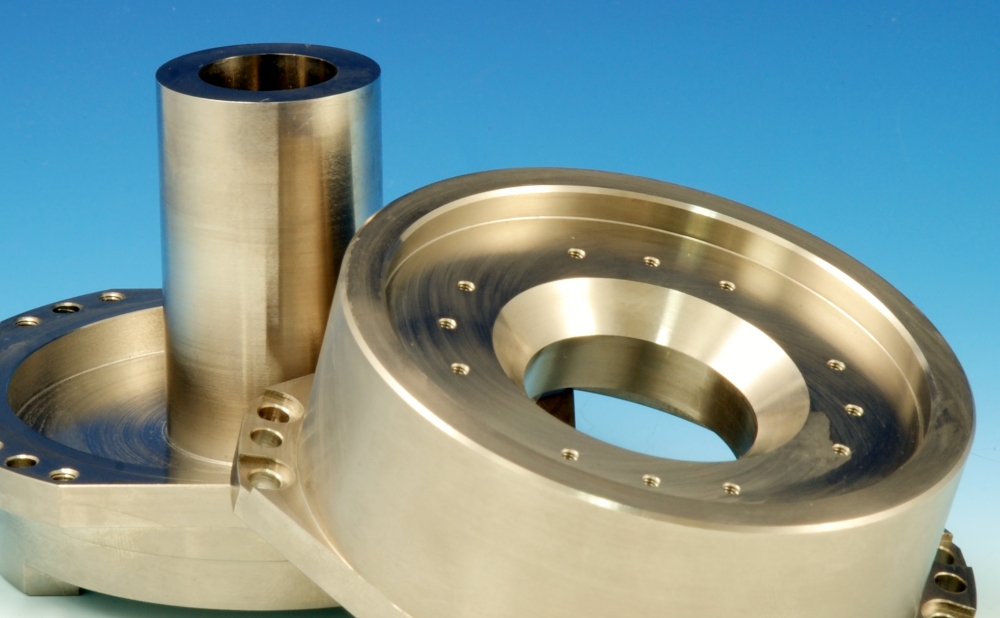
Stainless steel for CNC Milling
What sets stainless steel apart from normal steel is the inclusion of chromium in its alloys. All stainless steel chemical compositions contain at least 10.5% chromium. The inclusion of chromium makes these steels more corrosion resistant. The different grades of this material have various alloying elements that serve to further improve corrosion resistance, heat treatability, and machinability. It should be noted that heat treatment can significantly affect the metal’s mechanical properties.
Stainless steels can be classified based on their crystalline structure. This includes Austenitic, ferritic, martensitic, and duplex:
Austenitic stainless steel, such as 300- and 200-series stainless, are highly formable and do not work harden. They are also non-magnetic in an annealed condition.
Ferritic stainless steels are magnetic and offer better thermal conductivity than austenitic stainless. They cannot be hardened by heat treatment.
Martensitic stainless steel such as grade 416 and 420 can be hardened through multiple methods of aging or heat treatments.
Duplex stainless steel, also known as austenitic-ferritic, are grades of stainless that are highly specialized for improved corrosion resistance. Duplex steels are typical in industrial and architectural structuring.
Given its versatility, some form of stainless steel is prevalent in every industry.
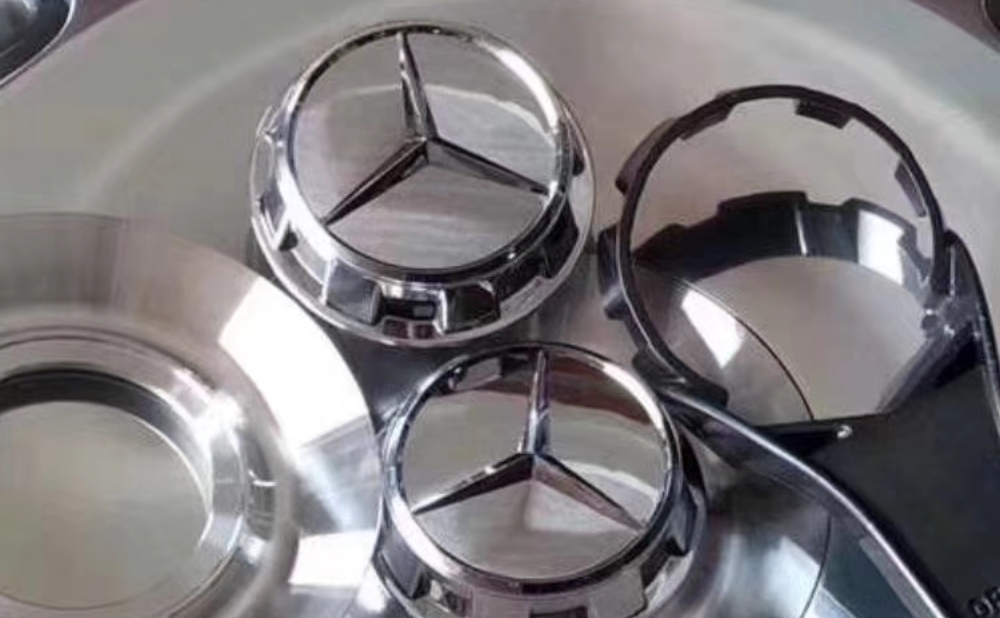
Steel for CNC Milling
Steel is an alloy of iron with approximately 1% carbon. Small amounts of other alloying elements like molybdenum and chromium may be added to improve its properties. Steel offers a great balance between cost and functionality since it is easy to machine and weld. It will, however, oxidize over time and therefore needs surface treatments for protection.
Steel is one of the most widely used manufacturing materials and is used in every major industry from construction to automotive. Its cost-effectiveness coupled with some very useful properties makes it a versatile material.
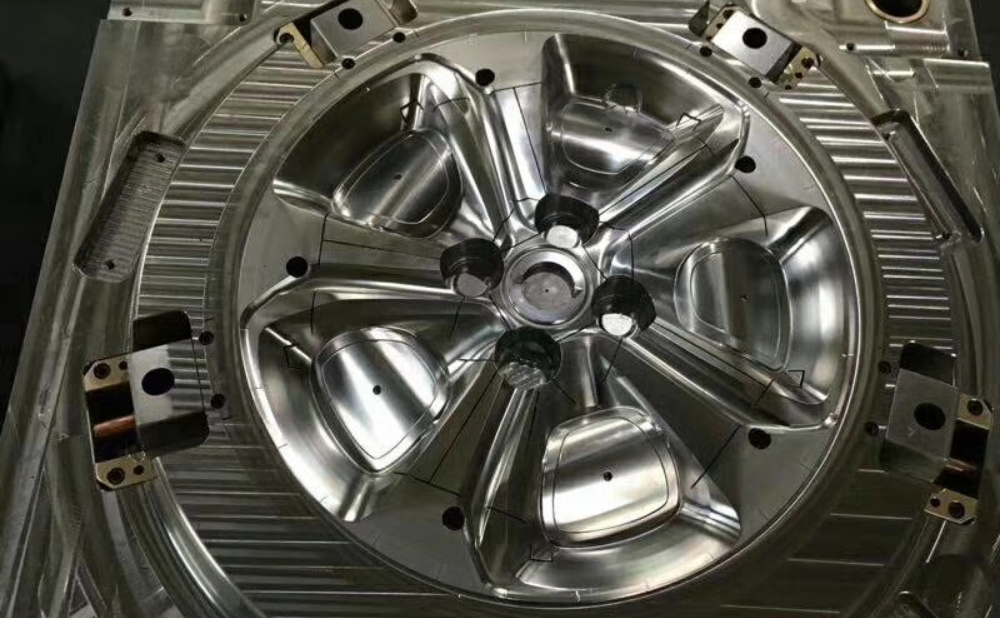
Titanium for CNC Milling
Titanium (or Ti on the periodic table) is a lightweight metal with a wide range of useful properties from corrosion resistance to strength retention at extreme temperatures. You can purchase it both in pure and alloyed form. Note that even pure titanium has some (less than 1%) iron and oxygen content. More advanced alloys significantly improve the overall strength of titanium.
Titanium is an advanced material with excellent corrosion resistance, biocompatibility, and strength-to-weight characteristics. This unique range of properties makes it an ideal choice for many of the engineering challenges faced by the medical, energy, chemical processing, and aerospace industries.
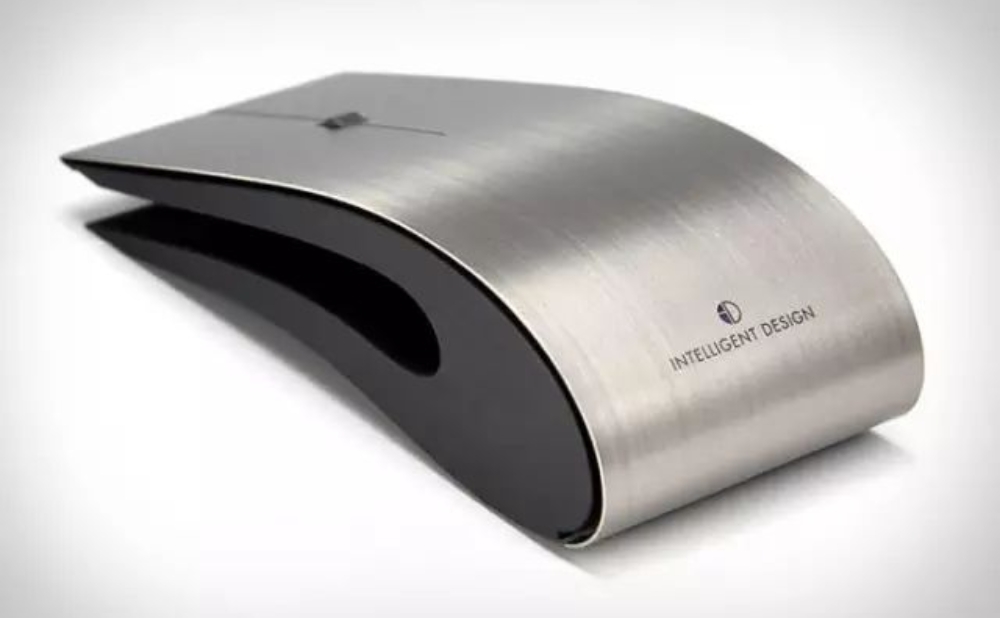
Contact:
Email: Diana@kesugroup.com
WhatsApp: +86 156-2583-1454
Our engineer team are ready for your projects and provide feedback quickly.

